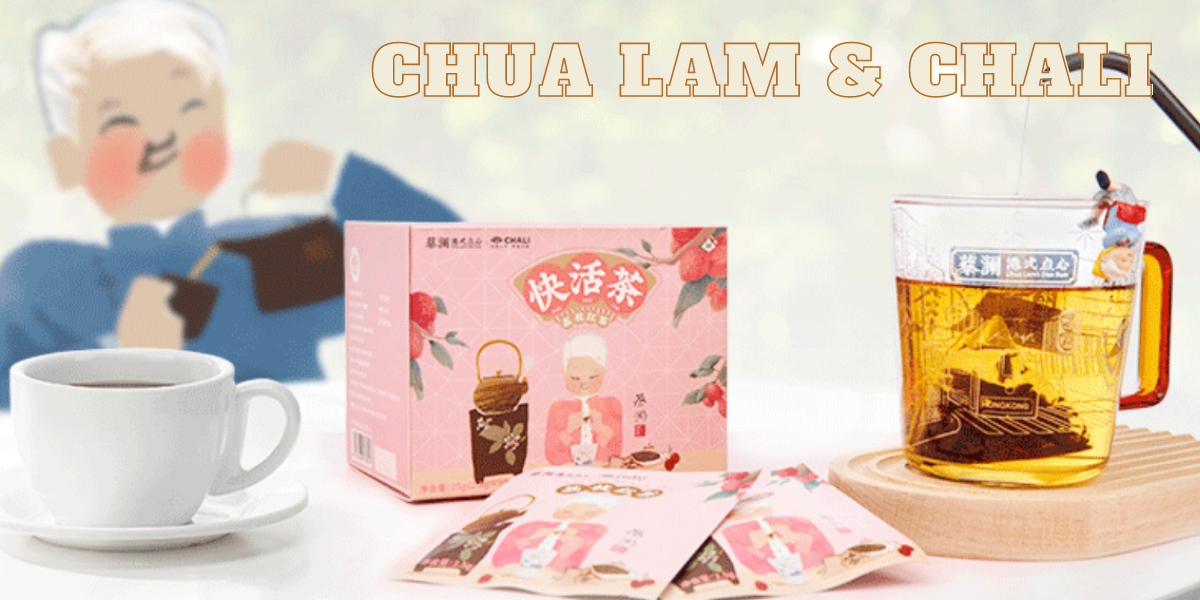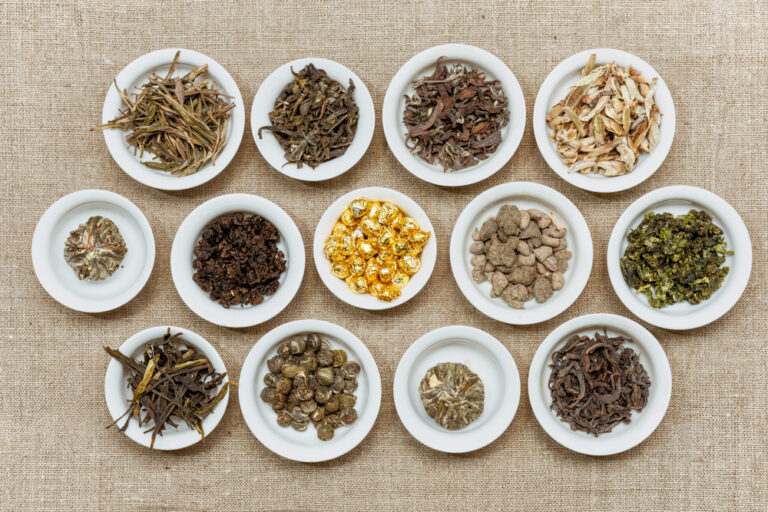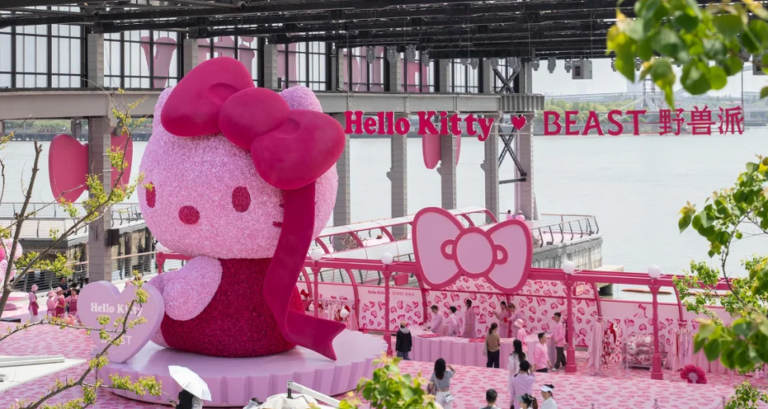“得闲饮茶” (Duk Haan Yum Cha), a popular greeting in Cantonese-speaking areas, meaning “let us go for tea together when we have time”. This is one of the most representative expressions under Cantonese Zao Cha Culture (早茶文化). Chali, a tea brand based in the Guangdong Province, is utilizing this culture to present a joint program with Chua Lam’s Dim Sum on September 13th, launching Lychee Black Tea on the online store and serving four selective teas offline. While the growing popularity of new-style tea drinks is already a clear trend in China, Chali and Chua Lam’s Dim Sum are able to set their tea products apart by infusing them with the cultural value of Zao Cha.
Zao Cha Culture also known as ‘Cantonese Morning Tea’
While China is famous for its tea culture, the variation in regional tea-drinking habits is also noteworthy. In southern China, places like the Guangdong Province and Hong Kong, Zao Cha Culture, which is also know as Cantonese Morning Tea, serves as a deep-rooted regional form of dining and social custom. It is one of the most traditional and important of daily habits in Cantonese culture, during which friends and family are invited to the teahouse to “饮茶” (Yum Cha, meaning to enjoy dim sum while drinking a pot of tea). This culture makes tea not just a regular beverage for the Cantonese, but a distinctive regional lifestyle.
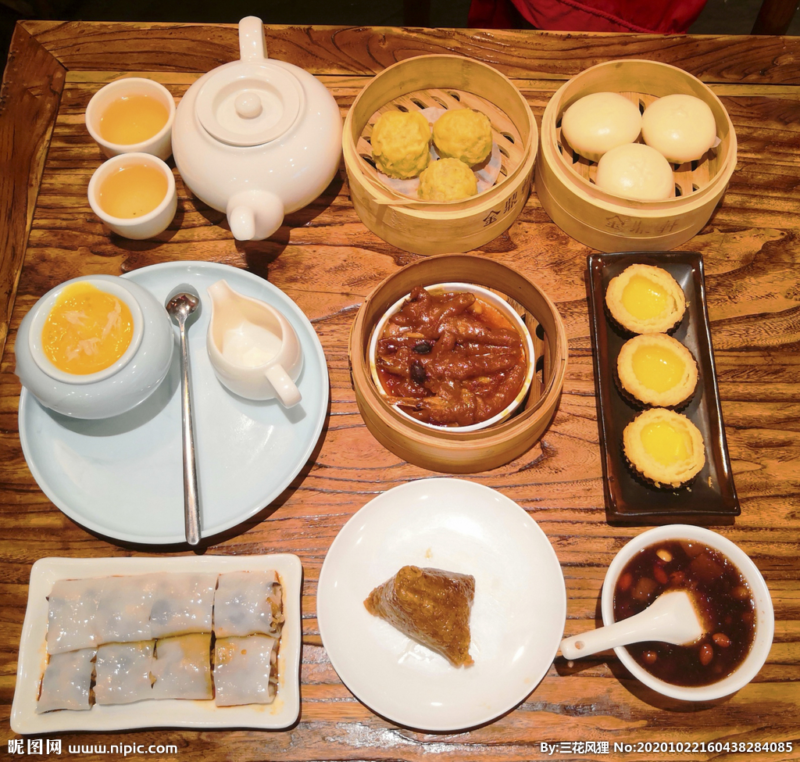
Chali Co-branding with Chua Lam Dim Sum: A Taste of Freshness and Nostalgia
Similarly to Chali, Chua Lam’s Dim Sum has multiple outlets in the Guangdong Province and Hong Kong. The founder of this restaurant, Chua Lam, is known as an expert in Guangdong culture and food with more than ten million followers on Weibo. This famous Cantonese foodie and restaurateur has dedicated his restaurant to presenting the traditional dim sum of Guangdong to its customers.
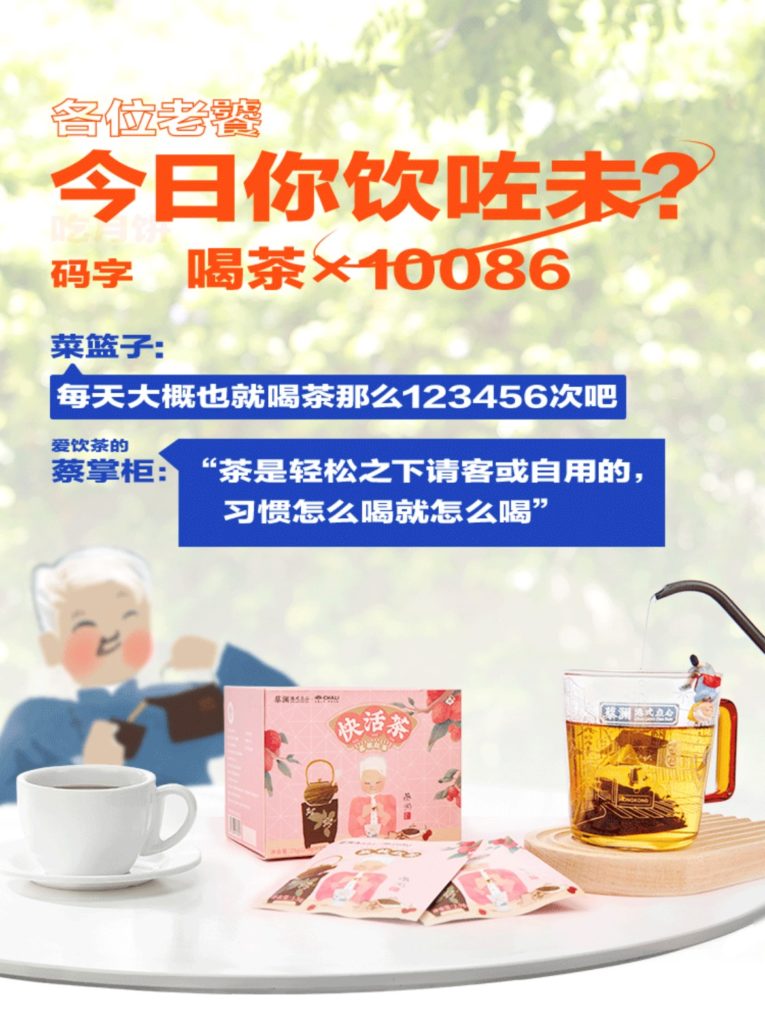
The restaurant’s popularity and success created the perfect opportunity for the local tea brand Chali to step in, and vice versa. In Chali’s collaboration with Chua Lam, they put the spotlight on the intimate connection between Zao Cha culture and tea. Customers can purchase Lychee Black Tea on Chali’s online store or enjoy four other kinds of tea offline in Chua Lam’s Dim Sum establishments.
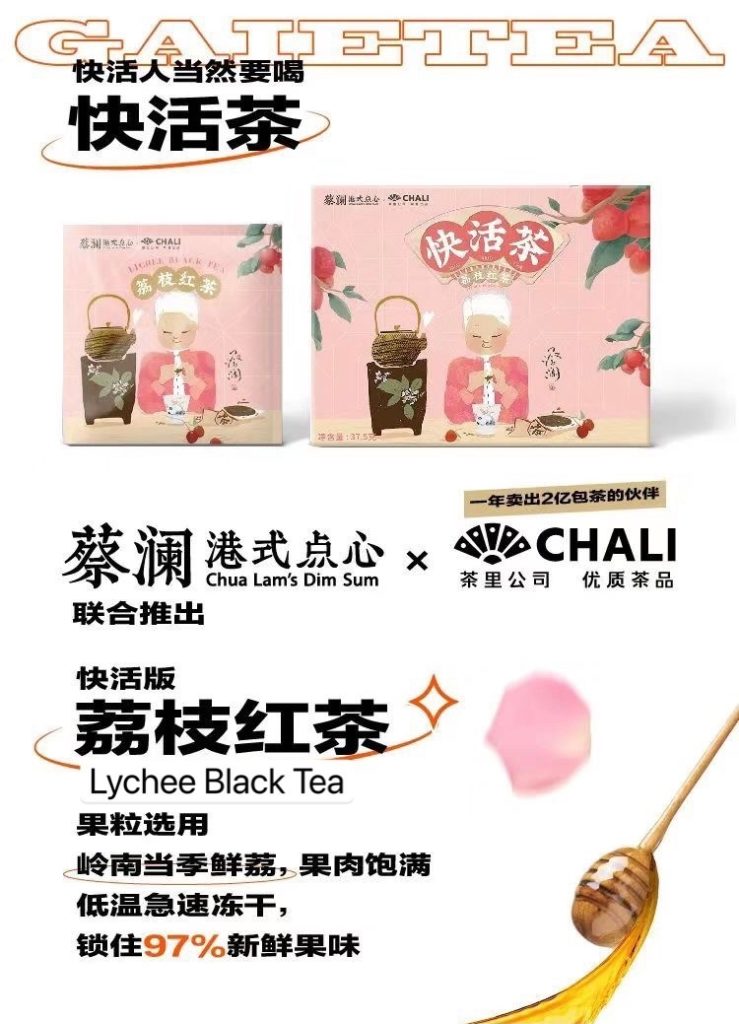
On the poster of their co-branded product, Lychee Black Tea, Chua Lam’s cartoon image greets customers by asking “今日你饮咗未”, a classic Cantonese expression to greet consumers with, meaning “Did you drink tea today?”. They also included the local specialty fruit of Guangdong, lychee, in the tea bag to give it a pinch of freshness and novelty. Meanwhile, the collaborative tea served in offline stores of Chua Lam’s Dim Sum include Tie Guanyin, Pu’er, Dahongpao and Chrysanthemum Tea, the most classic and traditional of Chinese teas.
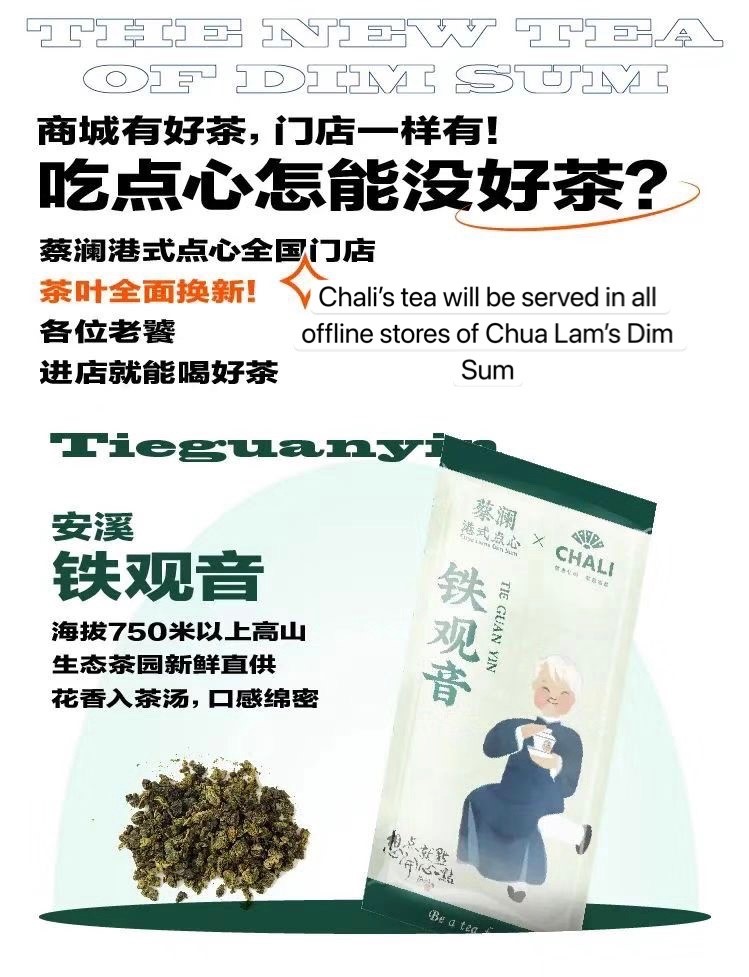
Infuse Traditions into Products
The rapid development of modern society has put many traditional cultures in a difficult position. As the 2020 China Tea Industry Expo pointed out, due to a lack of consumer interest, many teahouses are now at risk of disappearing — to rejuvenate the Chinese tea culture there must be a shift from selling mere products to selling culture. Chali and Chua Lam’s Dim Sum, two Cantonese brands, through unearthing one of the most classic customs in Guangdong, are able give their teas a flavor of nostalgia. While keeping the taste and packaging attractive and fashionable, they did not forget to return to their roots, combining traditional Zao Cha with modern tea to establish a real resonance with customers.
Author: Zhang Xiaorui


